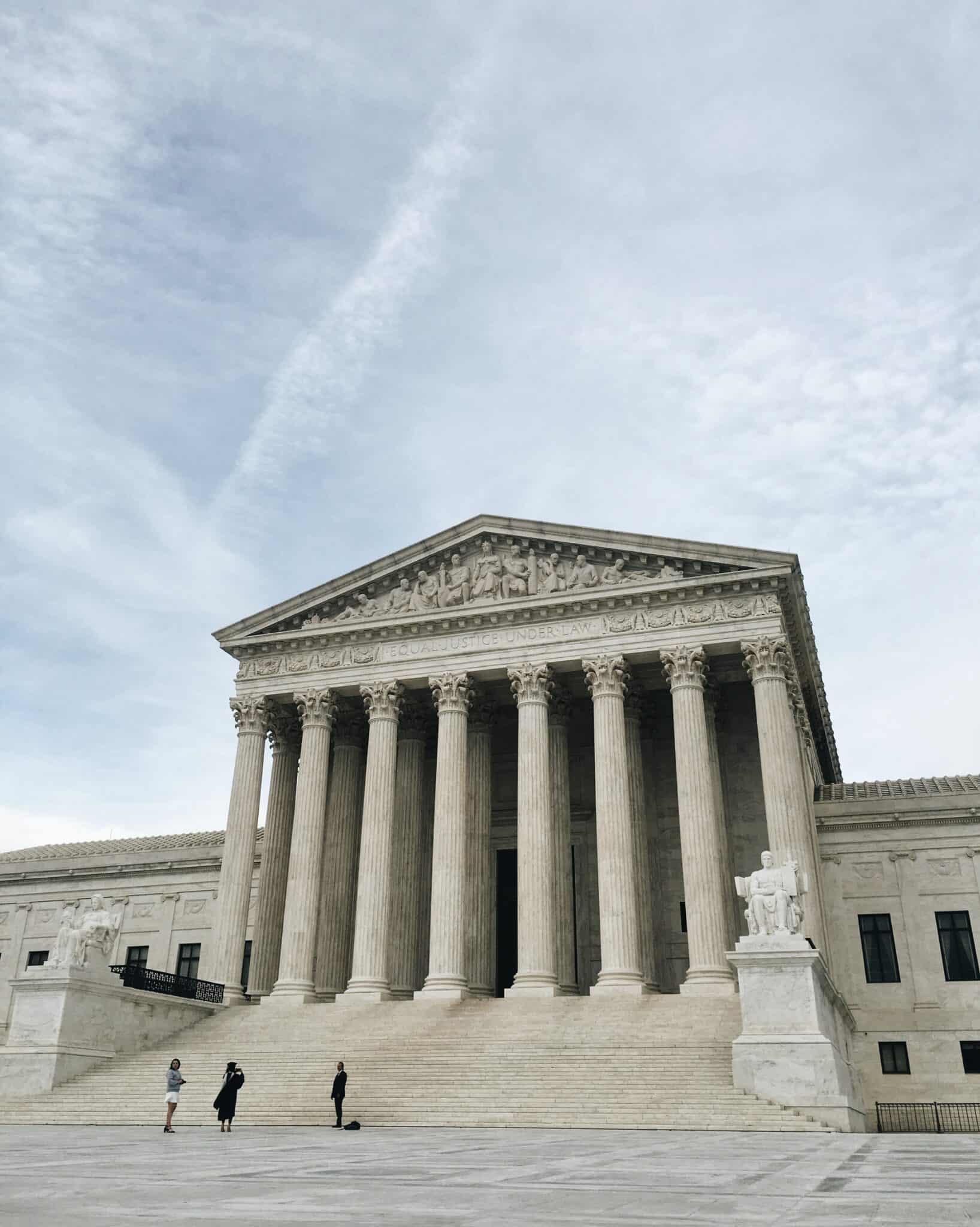
Holden Hopkins is a student at Harvard Law School.
In today’s News & Commentary, uncertainty reigns for labor law following the Supreme Court’s rulings in recent cases and labor unions push for more worker voice on federal job training programs.
The Supreme Court issued rulings on Thursday in SEC v. Jarkesy and Friday in Loper Bright Enterprises v. Raimondo.The Court in Jarkesy held that defendants appearing before administrative law judges have the right to request a federal jury decide their case when the agency seeks financial penalties. And in Loper Bright, the Court overturned Chevron v. Natural Resources Defence Council, doing away with “Chevron deference.”
In December, Darin issued a four-part series on what a post-Chevron world could mean for the NLRB, and Jason has also written for the blog on this subject. Prior to this decision, Bloomberg reported that the Department of Labor had already begun to abandon Chevron deference arguments as a defense to challenged regulations. And in an interview with CNN, Professor Sharon Block of Harvard’s Center for Labor and a Just Economy laid out what the Court’s ruling in Loper Bright signals, stating “[t]he least democratic part of the government will determine what kind of protections the American people have … that Congress has entrusted to agencies.”
The impacts of the Jarkesy ruling may be more limited for the NLRB, at least initially. This is because that case dealt with jury trials only in the case of legal remedies, like financial penalties, while the damages the NLRB is entitled to seek are almost entirely make-whole equitable remedies. However, the Department of Labor and other agencies may soon face similar challenges to their uses of administrative law judges.
Following the House’s reauthorization of the Workforce Innovation and Opportunity Act, the Senate is engaged in a bipartisan effort to do the same. Senator Bernie Sanders and Representative Virginia Foxx, a Republican from North Carolina are working together to lead that effort, which has the support of governors from both parties and some of the nation’s largest businesses. The WIOA is the U.S.’s largest job-training program funding law and it establishes local workforce development boards to administer those funds across the country.
Despite the bipartisan support for the legislation, some unions are objecting to what they see as a lack of worker input on those workforce development boards. In May, the AFL-CIO sent a letter to lawmakers requesting equal labor representation on those boards and that funds only go to employers who pledge to remain neutral in organizing campaigns. Representative Bobby Scott, the ranking Democrat on the House Education and Workforce Committee, said that progress is being made on labor representation, though noted it may not be exactly what the unions are seeking.






Daily News & Commentary
Start your day with our roundup of the latest labor developments. See all
February 16
BLS releases jobs data; ILO hosts conference on child labor.
February 15
The Office of Personnel Management directs federal agencies to terminate their collective bargaining agreements, and Indian farmworkers engage in a one-day strike to protest a trade deal with the United States.
February 13
Sex workers in Nevada fight to become the nation’s first to unionize; industry groups push NLRB to establish a more business-friendly test for independent contractor status; and UFCW launches an anti-AI price setting in grocery store campaign.
February 12
Teamsters sue UPS over buyout program; flight attendants and pilots call for leadership change at American Airlines; and Argentina considers major labor reforms despite forceful opposition.
February 11
Hollywood begins negotiations for a new labor agreement with writers and actors; the EEOC launches an investigation into Nike’s DEI programs and potential discrimination against white workers; and Mayor Mamdani circulates a memo regarding the city’s Economic Development Corporation.
February 10
San Francisco teachers walk out; NLRB reverses course on SpaceX; NYC nurses secure tentative agreements.